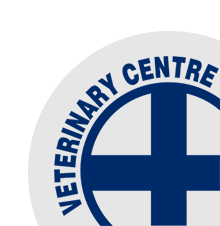What is Vitamin B12 and Why is it Important?
/Cobalt/Vitamin B12 is an important mineral for grazing sheep in New Zealand. Dietary cobalt is incorporated into Vitamin B12 by microbes in the rumen, which is then absorbed by the animal and used to aid in nutritional metabolism of energy. Because of this, cobalt/B12 deficiency in growing lambs can be similar to malnutrition and lead to reduced growth rates, general ill thrift, emaciation, poor appetite and anemia.
The main source of cobalt for ruminants is from pasture/soil. Sandy coastal soils, soils with a higher pH and soils which have been used for prolonged or intensive cropping tend to have lower levels of cobalt causing deficiency in the animals grazing them. Seasons favoring fast growing lush pastures, particularly in spring, tend to be lower in available dietary cobalt.
Unweaned lambs’ main source of stored Vitamin B12 is absorbed through the placenta with less amounts available in their mother’s milk. These stores begin to deplete within 5 weeks of birth and lambs need to start producing their own B12, using pasture cobalt, as their rumen becomes functional.
Do my sheep need supplementing?
Lambs are very susceptible to cobalt related ill-thrift and if not being supplemented, B12 levels should be monitored over successive seasons if farming in a potentially cobalt deficient area. Through our Tracecheck for sheep programme we recommend monitoring:
Autumn – liver sample x 5 works lambs (Optigrow – contact us to arrange this)
Weaning – liver sample x 5/blood test x 10 lambs (if there are any concerns lambs could be deficient prior to weaning and are not supplemented at tailing)
Cobalt deficiency in older sheep is very uncommon, however pregnant and lactating ewes have a increased demand needed for the growing lamb. On properties with deficient soils and diagnosed deficiency in lambs, testing of B12 levels in blood of 5 x 2 tooths in the autumn prior to tupping would be the cautious approach if choosing not to blanket supplement.


